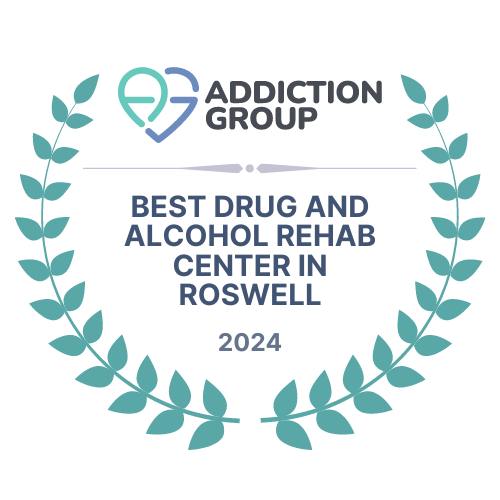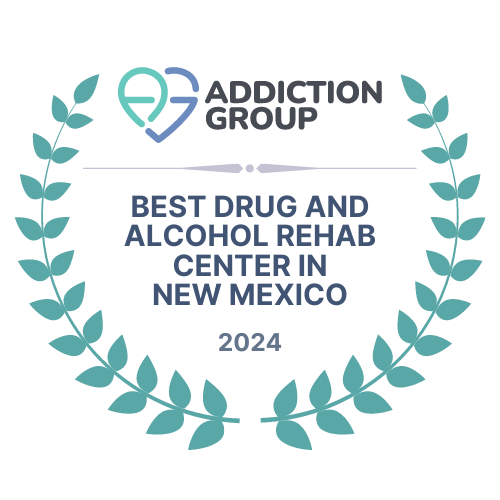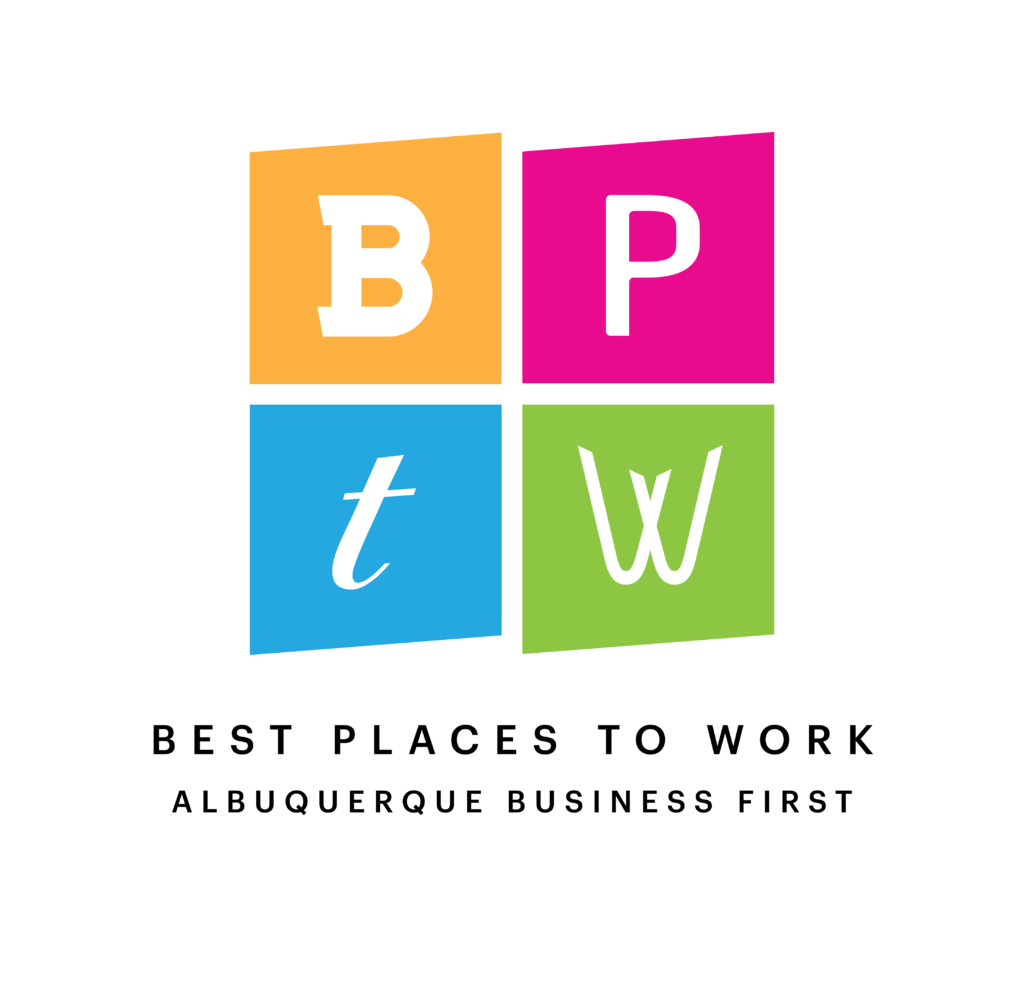Introduction
Have you ever had a friend with addiction going through a really tough time, and you wished you could do something to help? What if that friend was dealing with addiction? It’s a big problem, and it might feel overwhelming. But there are ways you can help a friend with addiction. Here’s how.
Understanding Addiction
First, it’s important to understand that addiction is a disease like asthma or diabetes. It’s not about being bad or weak. It’s a health problem that needs treatment. Someone with an addiction uses drugs or alcohol even though it’s causing harm to their life.
How to Help a Friend with Addiction
If you think a friend might have a problem with drugs or alcohol, here’s how you can help:
Be a Friend: This might seem simple, but it’s crucial. Just being there for your friend, listening, and showing that you care can make a big difference.
Encourage Them to Talk: Let your friend know you’re there to listen without judging them. Active listening is essential here. Be patient, attentive, and avoid interrupting or dismissing their emotions. They might feel scared or ashamed, and knowing they have a friend who cares can help a lot.
Encourage Them to Get Help: You can suggest that your friend talks to an adult they trust about what they’re going through. This could be a parent, teacher, coach, or school counselor. Assure them that asking for help is not a sign of weakness but rather a courageous step towards a better future.
Take Care of Yourself: Helping a struggling friend can be challenging. Make sure you’re taking care of your own feelings, too. Talk to a trusted adult about what you’re going through. It’s important to set healthy boundaries and prioritize your own well-being.
What NOT to Do
Here are some things that aren’t helpful:
Don’t Judge or Criticize: Remember, addiction is a disease, not a moral failing. Telling your friend with addiction to stop using isn’t helpful and can make them feel worse. Approach your friend with compassion and understanding. It’s crucial to avoid criticizing, blaming, or shaming them for their addiction. Remember that addiction is a complex disease, and your friend needs support, not judgment. Create a safe and non-judgmental environment where they feel comfortable sharing their struggles.
Don’t Cover for Them: It’s natural to want to protect your friend, but covering up their behavior can allow them to continue their harmful habits without facing the consequences. While your intention may be to help, it’s important to distinguish between supporting and enabling. Enabling behavior can unintentionally prolong the addiction and hinder recovery. Avoid making excuses, covering up their actions, or providing them with financial support that may be misused. Instead, focus on encouraging healthy choices and activities.
It’s more helpful to encourage them to seek professional help.
Don’t Try to Treat Them Yourself: You’re a friend, not a doctor. Your friend needs professional help to overcome addiction.
Conclusion
Helping a friend with addiction can feel overwhelming, but remember, you’re not alone. Reach out to adults you trust for help. And remember, just by being a caring friend, you’re doing something important. It’s okay to feel worried or scared, but with the right help, your friend can overcome their struggles with addiction.
Recovery from addiction is a gradual process, and every step forward should be acknowledged and celebrated. Recognize and praise your friend’s efforts, no matter how small. Celebrating milestones and progress will boost their confidence, motivation, and sense of accomplishment.
The professional and compassionate staff at Renew Health are here to help treat the addiction, not just the symptoms so you can start living life on your own terms. Contact us to get started on your healing journey today.








